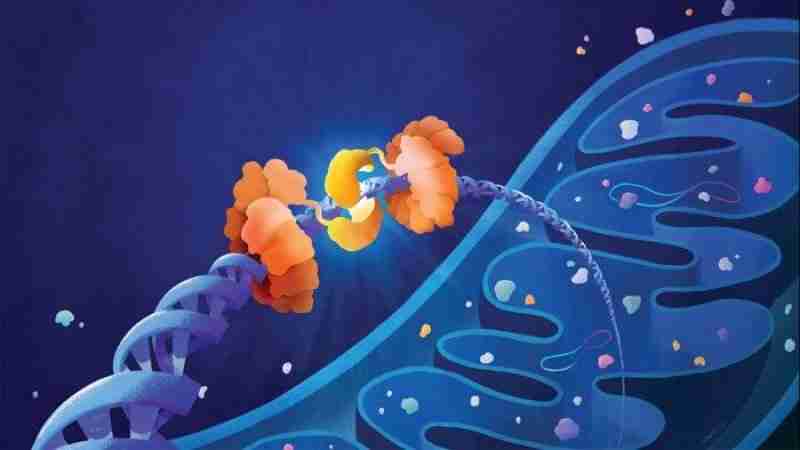[A] technique — which builds on a super-precise version of gene editing called base editing — could allow researchers to develop new ways to study, and perhaps even treat, diseases caused by mutations in the mitochondrial genome. Such disorders are most often passed down maternally, and impair the cell’s ability to generate energy. Although there are only a small number of genes in the mitochondrial genome compared with the nuclear genome, these mutations can particularly harm the nervous system and muscles, including the heart, and can be fatal to people who inherit them.
But it has been difficult to study such disorders, because scientists lacked a way to make animal models with the same changes to the mitochondrial genome. The latest technique marks the first time that researchers have made such targeted changes, and could allow researchers to do this.
The work is a long way from being used in the clinic, [chemical biologist David] Liu cautions. Although his team’s initial studies found few off-target DNA changes — a common problem in CRISPR–Cas9 gene-editing — more studies in different cell types are needed, he says.
The technique could ultimately complement existing methods used to prevent or treat mitochondrial disorders. Some countries already allow a procedure called mitochondrial replacement, in which the nucleus of an egg or embryo is transplanted into a donor egg or embryo that contains healthy mitochondria.



































